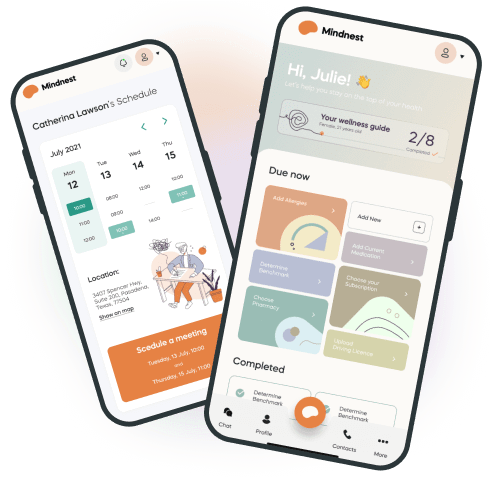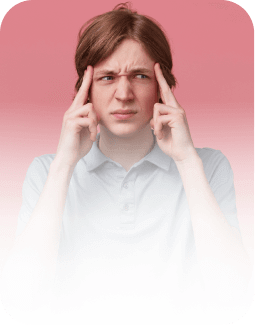Important Telehealth Platform Update! Learn more
Comprehensive Behavioral Health

One Behavioral offers simple and comprehensive behavioral health. Online or in-person, with or without insurance, quality personalized care is available whenever you want.
Quality Care from Quality Experts
One behavioral is client-centric. We support our clients throughout their healthcare journey with our qualified care team. We aim to match our clients with the best healthcare provider, understand their worries about the type of provider, and explain their insurance benefits. Let us help in any way you need.



Caring Hands
We accept responsibility for our offerings. One behavioral approach is to find a method to collaborate with our clients in some way. We handle challenges on our own, collaborating with others as necessary. Our experts’ approach has made a difference in delivering healthcare across several sites.
Affordable Behavioral Health
Healthy Does Not Mean Expensive
A provider’s services have never been easier or more affordable. Our highly skilled specialists can provide you with quality care just by paying $0 copay with select insurances or choose a plan as low as $49 per month. Most major insurers in Texas are in-network with us and provide affordable care throughout Texas. We accept most Medicare and Medicaid plans. Don’t hesitate to ask more.

Services for the Mind
What We Treat
Treatment
What We Offer
How Do We Work?
-
Make an Appointment
Schedule your appointment and select your desired care counselor.
-
Comprehensive Evaluation
Get a comprehensive behavioral evaluation from our certified professionals.
-
Start your Journey
Start appropriate care and plant a seed with us.














